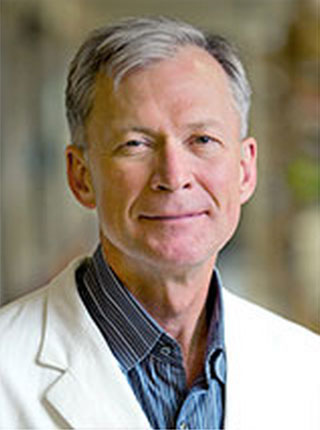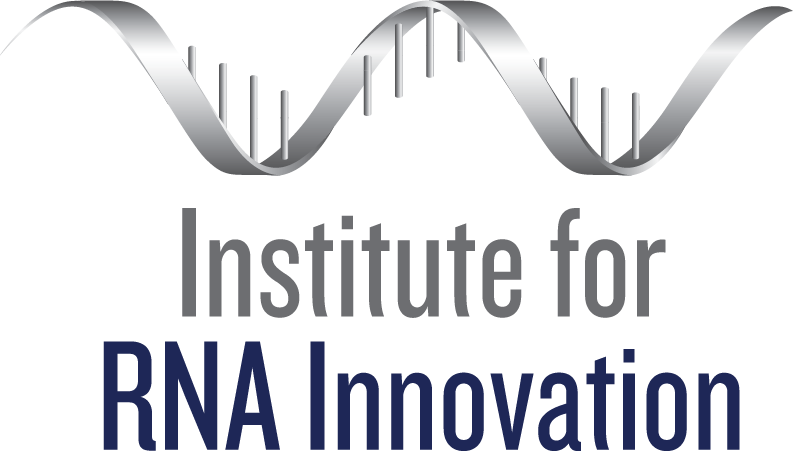
George M. Shaw, M.D., Ph.D.
My laboratory has a longstanding interest in the molecular biology and immunopathogenesis of human immunodeficiency virus (HIV-1) and hepatitis C virus (HCV). Previous highlights of this work include the first molecular clones of HIV-1 (Shaw et al., Science 1984); discovery of the quasispecies nature of HIV-1 in vivo (Saag et al., Nature 1988); discovery of the dynamic and persistent nature of viral replication in vivo (Clark et al., N Engl J Med 1991; Piatak et al., Science 1993; Wei et al., Nature 1995); mechanisms of virus persistence in the face of evolving cellular and humoral immune responses (Borrow et al., Nature Medicine 1997; Wei et al., Nature 2003); and molecular identification and biological characterization of transmitted/founder HIV-1 genomes and their progeny (Keele et al., Proc Natl Acad Sci USA 2008; Salazar et al., J Exp Med 2009; Li et al., PLoS Pathogens 2010). We extended the work to simian immunodeficiency virus (SIV) infection of rhesus macaque monkeys (Keele et al., J Exp Med 2009) and HCV infection of humans (Li et al., PLos Pathogens 2012; Li et al., J Virol 2015; Ke et al., PNAS 2018). Most recently, we have developed novel strategies for constructing simian-human immunodeficiency virus (SHIV) chimeras that replicate efficiently in rhesus macaques (Li et al., PNAS 2016; Li et al., J Virol 2021) and induce broadly neutralizing antibodies (Roark et al., Science 2021).

